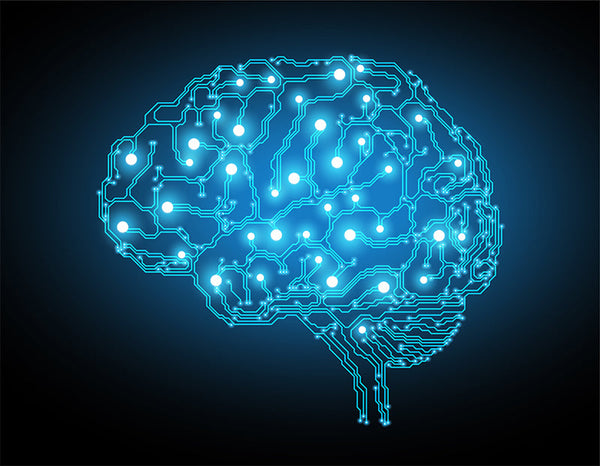
Did you know that our ears not only help us to hear, but also perform a host of other functions? One of the most important functions of the human ear is to help us keep our balance.
Surprised? Read on to find out how.
It’s all a balancing act
Our balance depends on an extremely complex system, comprising of nerve signals to and from our eyes, limbs (proprioception), brain and inner ear.
The key to your sense of balance is the vestibular system in the inner ear. This sends signals to the brain to relay the position of the head and the body’s movements. One part of the system is made up of semi-circular canals. These tubes sense your rotational head movement. At the same time, otoliths, the other part of the vestibular system, work to sense linear movement. Working together, both parts of the system also keep your vision clear so that you can maintain your balance as you stand or walk.
Apart from the vestibular system, other areas of your body also work in tandem to help you maintain balance. Your eyes help you see where you stand and orient you in the environment. At the same time, sensors in your joints, muscles and tendons, called proprioceptors, help your brain understand the position and movement of your limbs.
All three of these systems send signals to your brain, which processes them and then sends messages to your body that help it move in the correct way. If you feel off-balance or dizzy, it means that one or more of these systems is sending conflicting signals. For example, when standing on a platform watching a train move past, your eyes sense movement so you may have to look down to confirm the proprioceptive information from your muscles that you are standing still.
Can hearing loss affect your balance?
Your inner ear holds the vestibular system but is also responsible for your hearing. That means that a problem with your inner ear, such as an ear infection, could mean that hearing loss occurs at the same time as a balance impairment, although one does not cause the other. Other indicators of balance issues include:
- Dizziness or vertigo
- Difficulties with balance when walking or standing
- Light-headedness or a floating sensation
- Blurred vision
- Disorientation
- Nausea
- Panic attacks
In addition, hearing loss also reduces your awareness of the environment and can make you more susceptible to falling.
Don’t ignore it
If you think you may be experiencing balance impairment, however minor, it may indicate a problem in your inner ear which could also affect your hearing.
Hearing loss is a gradual process, and it can progressively impact your quality of life in various ways. Watch our ‘Bringing Hearing Loss to Life’ video, which will help you better understand what it’s like to live with hearing loss. However, it’s not a condition that you have to struggle with. Today’s digital hearing aids can help people with anything from mild to severe hearing loss.
Visit one of our Leightons Opticians and Hearing Care branches and have a free hearing assessment. Based on the outcome of the test, the experienced audiologist will advise on the best course of action. This may be treating an ear health issue, or helping you select a hearing aid to assist you with hearing loss.
To find out how we can help, call us on 0800 40 20 20 or book an appointment online.








